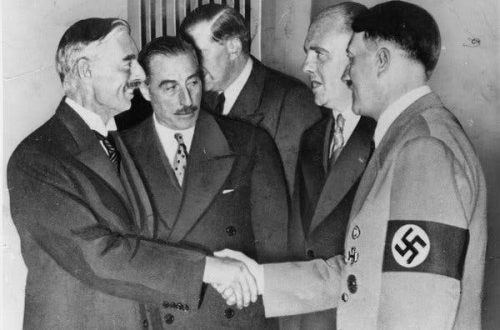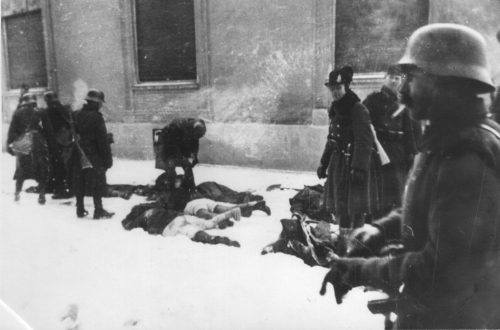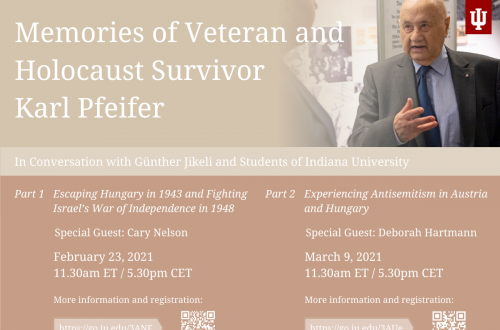“Peacefully if we may, violently if we must.”
In October 1968 Christopher Hitchens was a second year undergraduate at Balliol College, University of Oxford. He had recently returned from six weeks in Communist Cuba and was by now a committee member of the Oxford Revolutionary Socialist Students Federation (ORSSF). He was interviewed by the university student magazine ISIS. I copy an extract from the published interview below:
the great divide
whose side are you on?
ISIS, October 9,1968, p.10.
….
HITCHENS: ….why do we take these exams? Because the establishment has control of British higher education, and sees its function as to classify people for the labour market.
ISIS: Would you abolish examinations?
HITCHENS: Yes, and all other kinds of grading as well….
ISIS: What methods should be used to bring about the changes you want?
HITCHENS: When talking about reforming British universities, the issue is simple: do we want to use intervention or legalistic representative methods? In Oxford last year this boiled down to: do we use the Hart Commission or do we take the Clarendon Building?
ISIS: What about violence?
HITCHENS: I am sure this will not be necessary, but in any case I think that the real dichotomy of student and indeed wider politics is not the media-imposed one of “violence” or “non-violence”. It is the choice between direct and committee type methods. I favour direct mass intervention for three reasons: first, on really crucial issues—such as the central one of who is in control—there can be no negotiation, since it is a matter of directly conflicting interest and no ruling section ever abdicates. Second: I believe it to be the case that in the process of organising and preparing democratic mass action in a university or anywhere else, people develop the faculties and the potential for membership of the democratic society that we aim to establish. Third: direct mass intervention works—look at votes for women, look at strikes, look at the demonstrations of unemployed workers in the ’30s, the formation of the Trade Unions, the Glasgow tenants’ strike leading to the 1915 Rent Act—even our own Clarendon sit-in, which was a picnic compared to these others. At Grosvenor Square when we were protesting against the appalling violence of the Americans in Vietnam, the Press called us “violent”, but things were no worse than the usual football match. It’s a case, really, of choosing a method: Tom Wooller’s dictum sums it up, “Peacefully if we may, violently if we must”. I think it’s far more violent to rob a man of his house than to punch him on the nose; I don’t think it’s a coincidence that overcrowded slums co-exist with empty office blocks. The two are necessarily connected by the priorities of the Capitalist system.
For more on Hitchens’s antics at Oxford, do read his memoirs, Hitch 22, now available in paperback.


